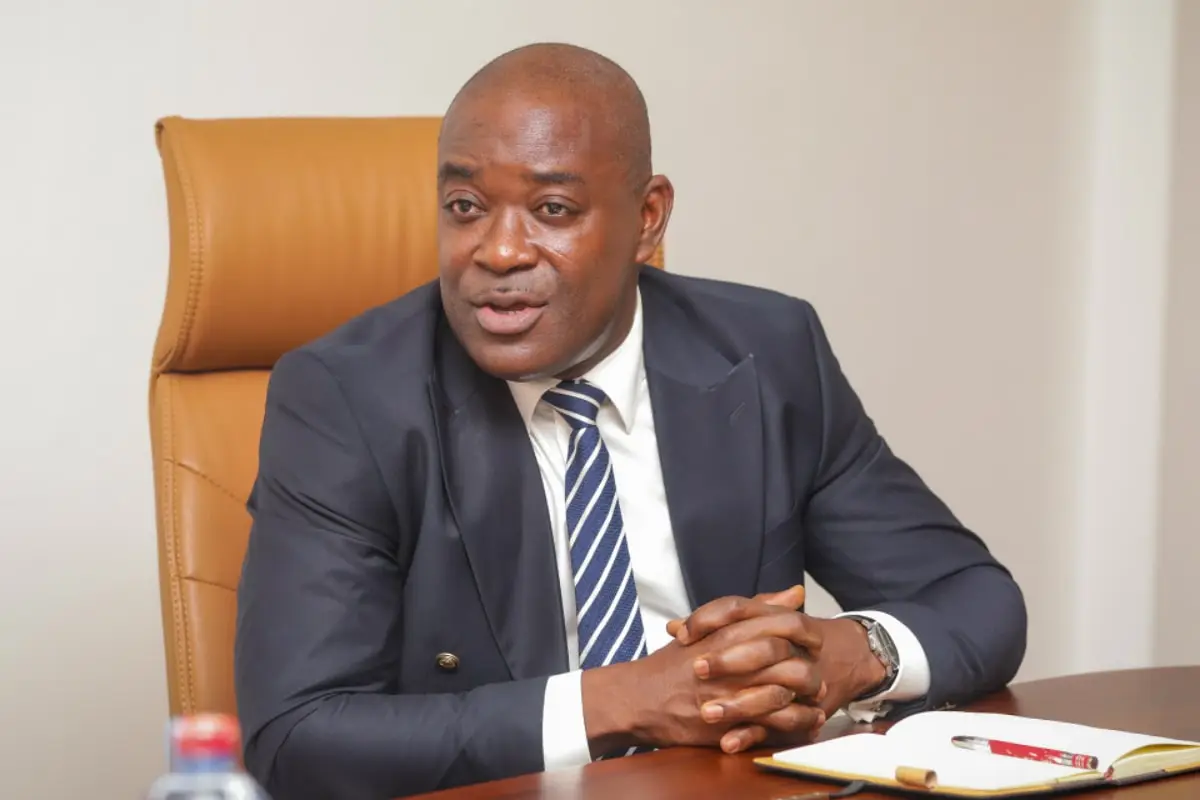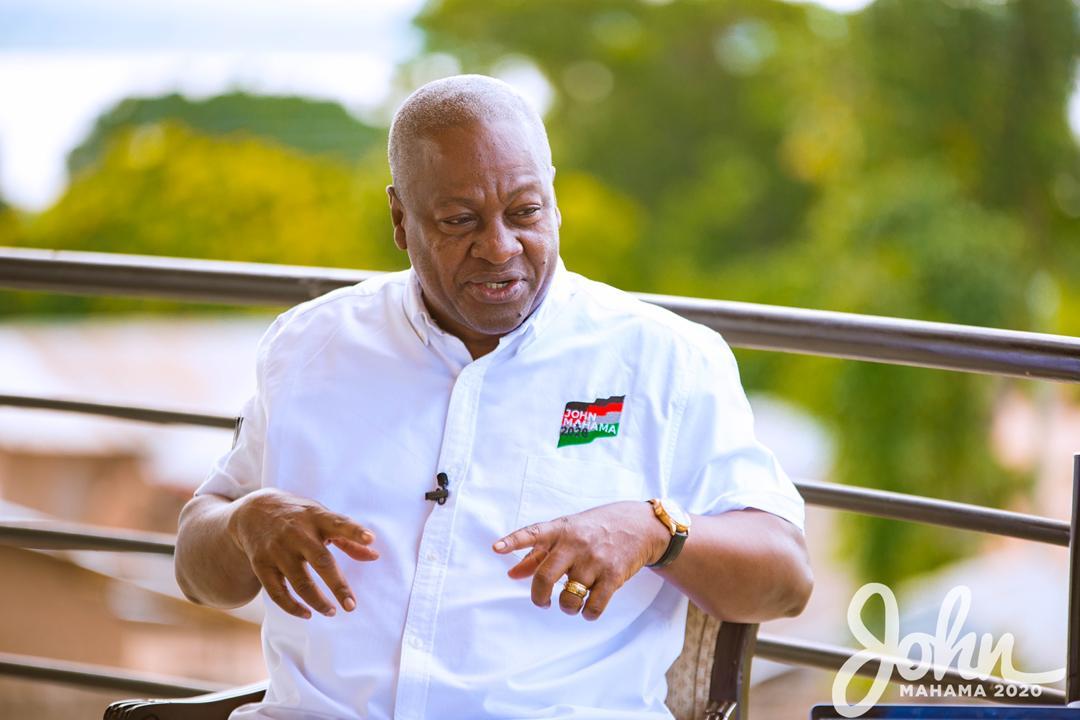
President John Dramani Mahama has issued an urgent directive demanding the immediate restoration of broadcasting services to 64 radio stations that were closed by the National Communications Authority (NCA) due to regulatory violations.
The President has instructed the Minister for Communications, Digital Technology and Innovation to collaborate directly with the NCA to ensure all affected broadcasting facilities resume operations without further delay.
This directive was communicated through an official statement released by Felix Kwakye Ofosu, Spokesperson to the President and Minister for Government Communications, issued within hours of the NCA's enforcement action.
MUST READ: Mahama finally ends controversial YEA–Zoomlion contract, vows to increase sweepers’ wages
Balancing regulation and media freedom
The presidential statement outlined President Mahama's philosophy regarding the delicate balance between regulatory enforcement and media freedom protection.
The administration's position emphasises that requiring radio stations to shut down while awaiting the regularisation of their authorisation could limit the space for expressing such freedoms.
The communication emphasised the essential function media organisations serve within democratic governance structures and reaffirmed the government's commitment to supporting their operational capabilities.
READ ALSO: Police fire rubber bullets as 3,000 Flamengo fans plunge airport send-off into chaos
Furthermore, President Mahama has instructed the communications minister to work with the NCA to establish a reasonable timeframe within which the affected stations should regularise their authorisation.
The enforcement action impacted numerous broadcasting outlets, including well-known stations such as Happy FM, Asaase Radio, and Wontumi FM, all headquartered in Accra.
NCA's regulatory enforcement rationale
The National Communications Authority announced its enforcement measures on Wednesday, June 12, targeting broadcasting stations that allegedly failed to comply with critical provisions of the Electronic Communications Regulations, 2011 (L.I. 1991), particularly Regulations 54 and 56, alongside specific terms and conditions stipulated in their broadcasting licences.
READ MORE: I don’t mind if Supreme Court says Mahama can run for third term - NPP's Freddie Blay
The regulatory action was implemented following instructions from the Minister for Communication, Digital Technology and Innovation, who authorised the NCA to impose appropriate sanctions after a comprehensive audit revealed extensive non-compliance across the FM broadcasting industry.
Systematic enforcement and identified violations
The NCA announced that enforcement would proceed through a phased approach, commencing with stations identified in the Frequency Audit Report.
READ THIS: 22 identified in NSS ghost names scandal as some offer to return funds - Deputy AG
The regulatory authority detailed four distinct categories of violations uncovered during the initial enforcement phase.
The first category encompasses twenty-eight FM stations operating with expired authorisations despite receiving explicit cease-broadcasting directives in 2024.
These stations continued operations in direct contravention of Section 2(4) of the Electronic Communications Act, 2008 (Act 775).
The second category includes fourteen FM stations that received Notices of Revocation for failing to initiate broadcasting within the mandatory two-year period following authorisation.
While these stations subsequently requested inspections, various procedural complications delayed the process, yet they maintained broadcasting operations in violation of Regulation 54.
The third category consists of thirteen FM stations holding provisional authorisations that have not completed payment of required regulatory fees, leaving them without valid operational permits and thereby breaching Section 2(4) of Act 775.
FIND OUT MORE: 'I did money rituals but can’t spend over GH?30 a day' - Sakawa boy breaks down in tears
The fourth category comprises seven FM stations that completed provisional fee payments but have not received final authorisations due to incomplete compliance with Regulation 54 requirements.
This development underscores the ongoing tension between regulatory compliance enforcement and media operational freedom, with the president's intervention signalling a preference for collaborative solutions over punitive measures.
Read Full Story























Facebook
Twitter
Pinterest
Instagram
Google+
YouTube
LinkedIn
RSS